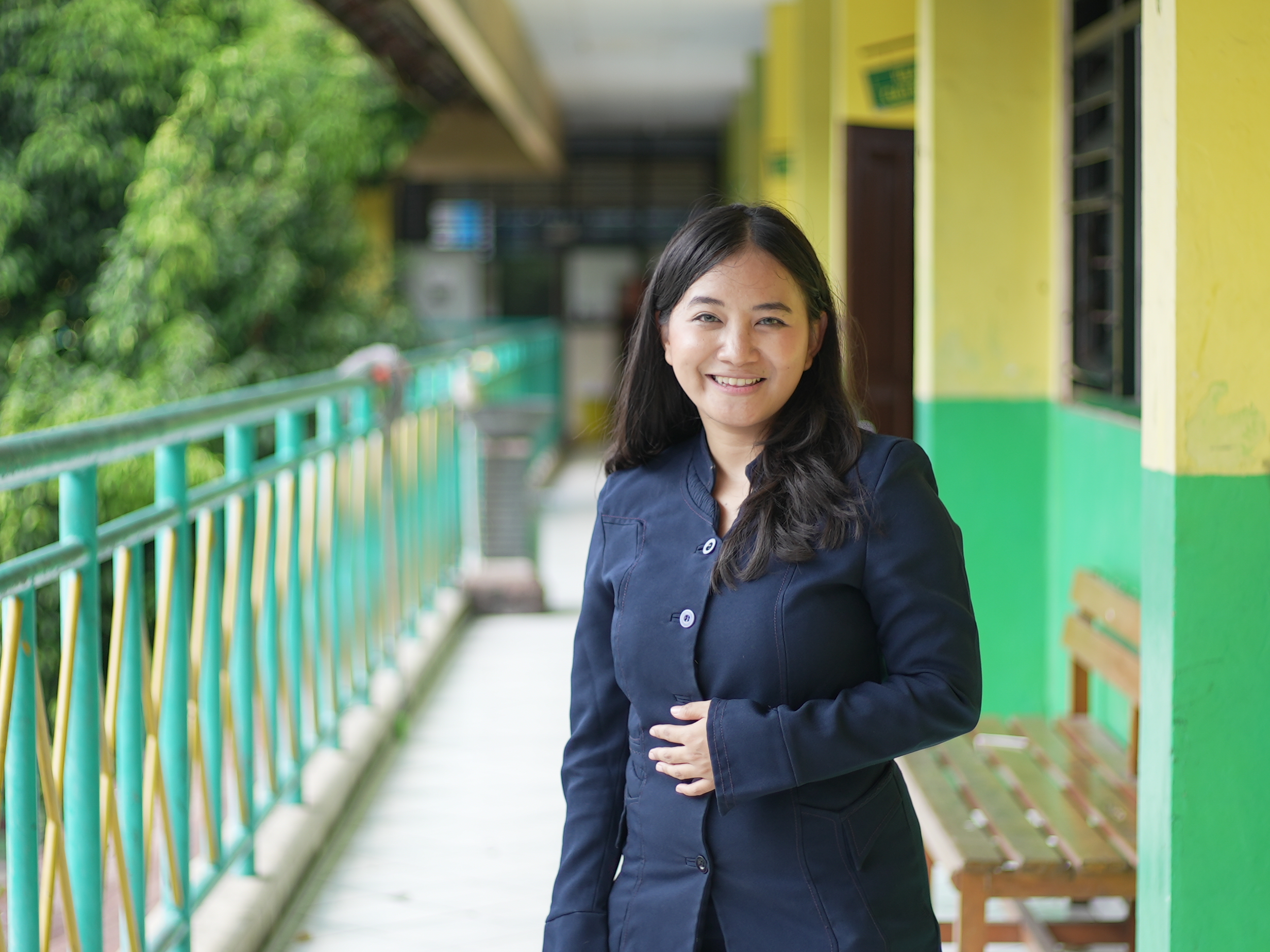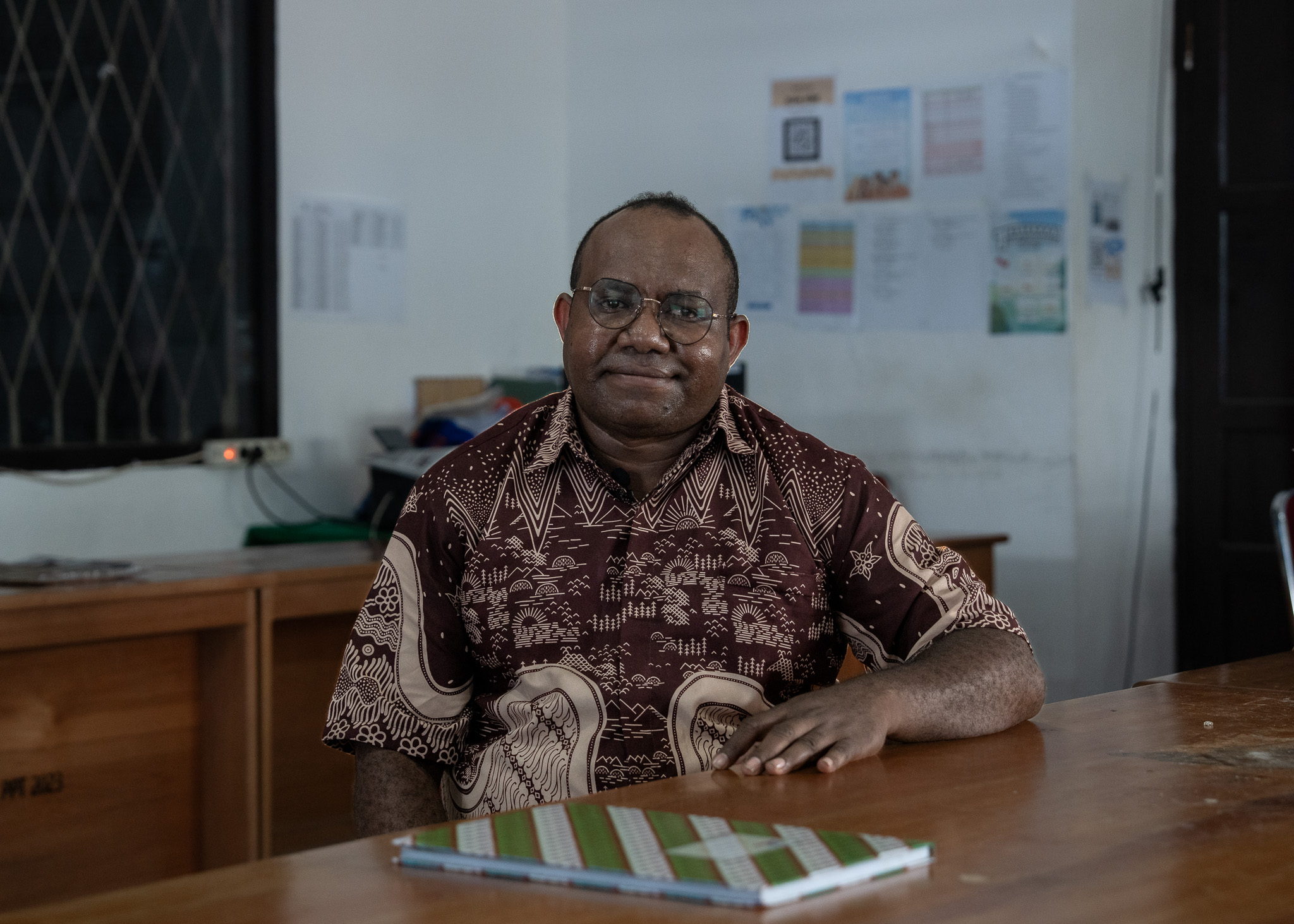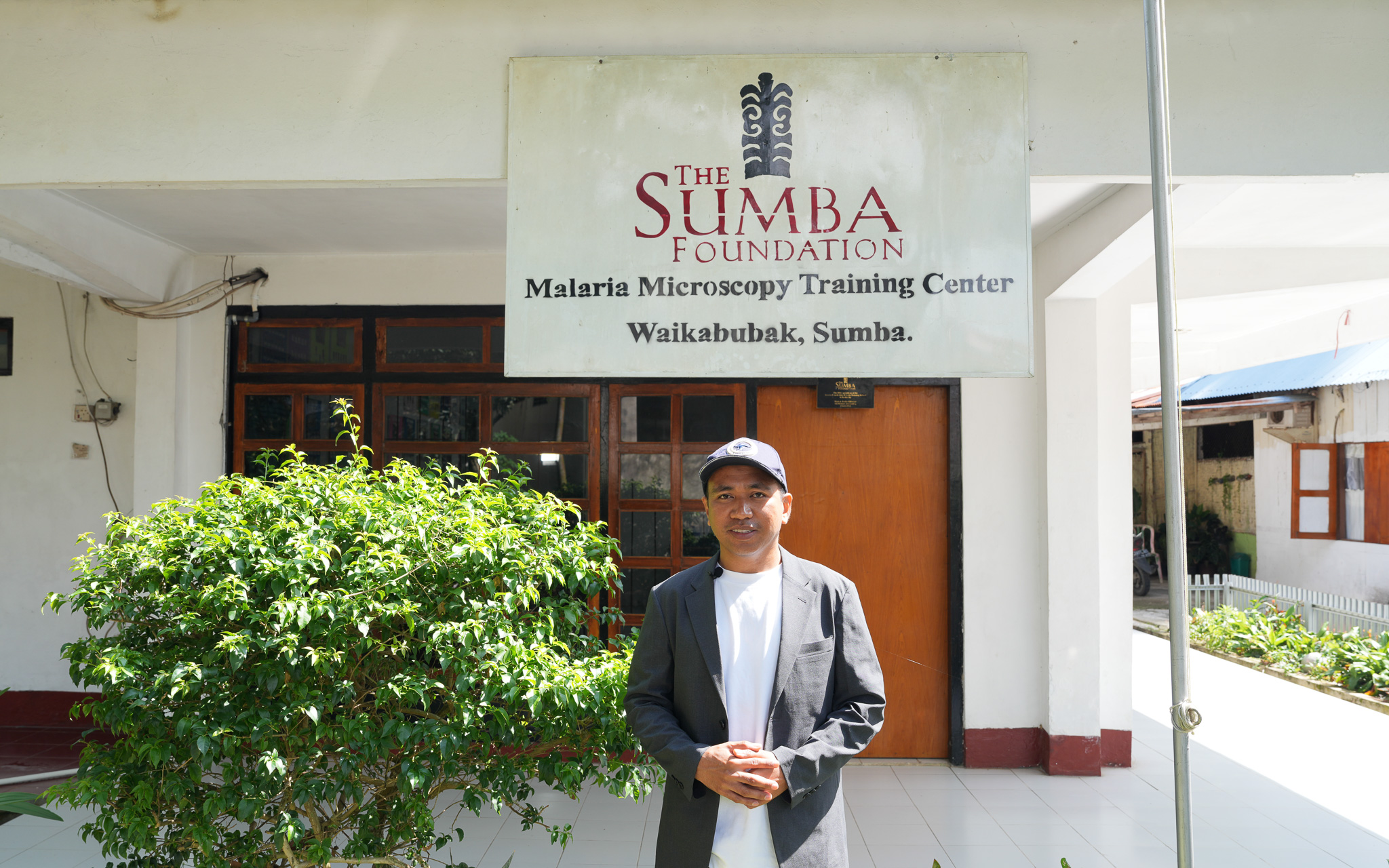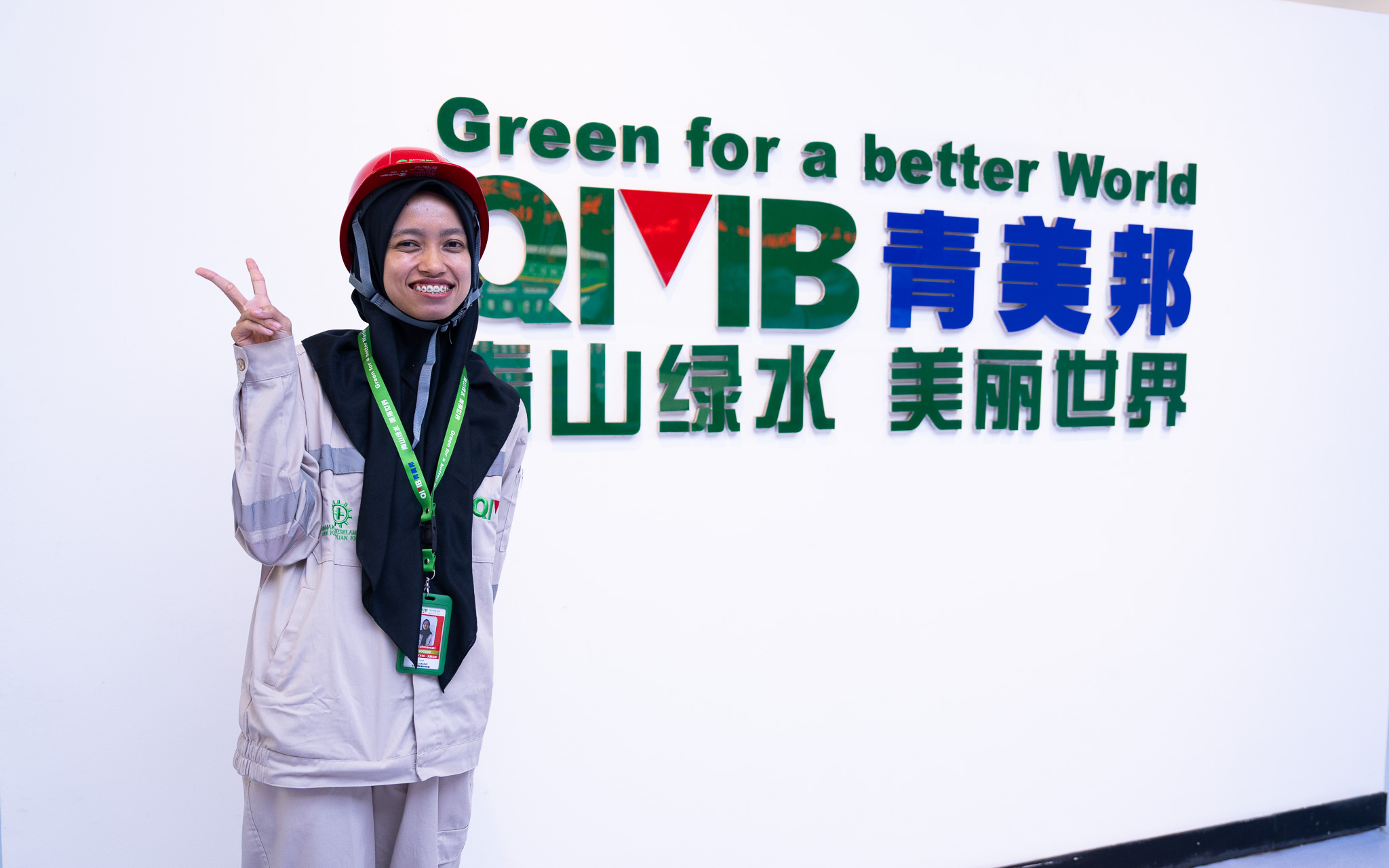Some might think that being an elementary school teacher is just about holding a bachelor's degree and possessing teaching skills. Surely, such assumptions and choices are not wrong. However, for Galih Sulistyaningra, being an elementary school teacher actually requires extensive knowledge to bring about equitable education from an early age.
Galih graduated with a bachelor's degree in Elementary School Teacher Education (PGSD) from Jakarta State University. She decided to pursue her Master's degree abroad, specializing in Education Planning, Economics, and International Development at University College London (UCL) in 2019.
UCL stands as one of the world's top campuses in the UK. According to the 2023 QS World University Ranking, UCL ranks number nine among the best campuses globally. By coincidence, Galih became the first Indonesian woman in her chosen field.
After a year of enriching her knowledge, Galih returned to her homeland and is now teaching at Petojo Utara Elementary School in Central Jakarta. Her decision to continue her studies in the UK was not without reason and purpose. Witnessing the disparity in education quality, literacy, and critical pedagogy became her struggle and impetus to seek further education.
"I realized that during our school years, there's one learning style that shouldn't have been followed. Perhaps this was one of the major mistakes made by educators in the past," said Galih during an interview with Indonesia Endowment Fund for Education Agency (LPDP's) team at Petojo Utara Elementary School.
There are many other compelling stories that propelled Galih to pursue her studies and enhance the quality of elementary school teachers. She also expressed numerous thoughts and viewpoints on how education quality and learning should take place in Indonesia.
From a Family of Educators
Galih was born and raised in a large family of educators. Her parents, aunts, uncles, everyone was involved in teaching. Her family greatly desired Galih to continue in their footsteps.
Initially, Galih hesitated to become a teacher because she wanted to pursue a profession beyond just teaching. However, her life's path kept leading her toward the field of education. Eventually, Galih began her career as an educator when she joined an educational institution specializing in STEM (Science, Technology, Engineering, Mathematics).
At that time, Galih joined while waiting for her graduation schedule at Jakarta State University. There, she handled children proficient in English with a curriculum based on the United States' standards. They came from upper-middle-class backgrounds. Her teaching experience in several elite international schools in Jakarta sparked her concern about the disparity in the quality of education among other children who did not have equal access.
Galih then committed herself to delve into planning and policies related to education, which she believes should lead not only to the development of students but also to the country's economic growth. Her desire to pursue her Master's degree blossomed here.
Her ambition to pursue a Master's degree abroad was initially considered an ambitious dream. "Education graduates should teach in schools. Become a civil servant teacher!" that's how Galih imitated her family's response. Galih understood their viewpoint but proved that even being an elementary school teacher required a vast amount of knowledge.
As Galih firmly believes, education intersects with various aspects such as health, peace, social justice, economy, and human rights fulfillment. She chose the Indonesia Endowment Fund for Education Agency (LPDP) scholarship as a vehicle to realize her aspirations.
"So, I had already thought about what I wanted to do, so it seemed like that made it easier for me to be accepted for the LPDP scholarship," recalled Galih, who at the time was part of the PK-122 Samudraraksa batch.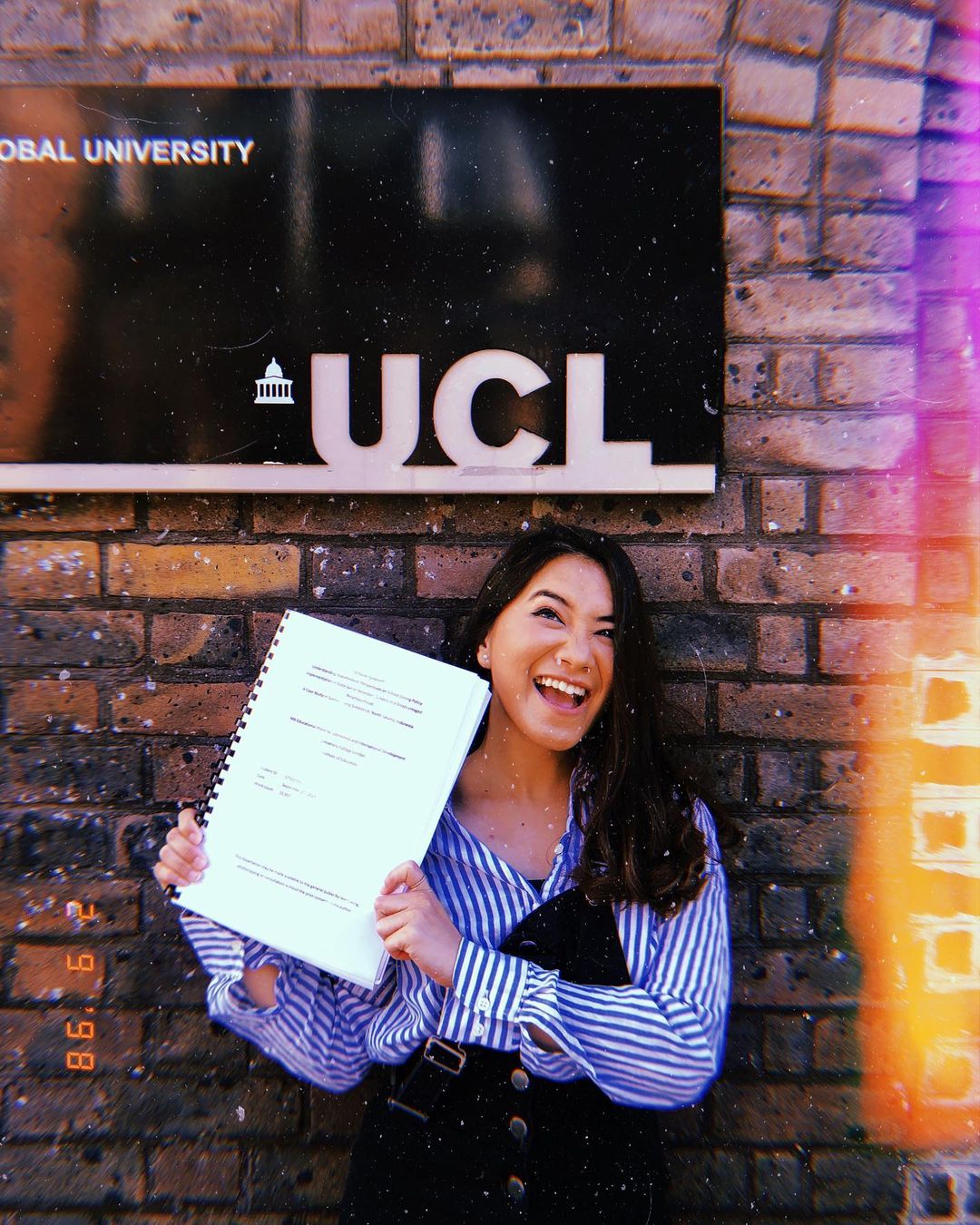
Studying Opens Perspectives
Galih began her studies in London in 2018. It is acknowledged that her experience working in international schools left her in awe of Western education as an esteemed method. However, she found a new perspective while in England, which, incidentally, is part of the Western world.
Galih was introduced to contextualization. That every country has its own problems and, therefore, requires different formulations to address them.
"Actually, it's unfair to compare every country. But if I may tell you what then makes education in England, for example, more advanced than our education in Indonesia," said Galih. Her answer was literacy.
Reading books is a familiar activity and has become part of British culture. She found it easy to access books in public spaces as a source of knowledge. Many parents also had a tradition of reading at home with their children.
"Because they are used to reading books, they are exposed to many vocabularies, and we are also exposed to various perspectives when we read books, be it fiction or non-fiction," said Galih.
The wealth of information and insight from reading books helps educated children easily argue in public. This aspect aligns with the Free Learning curriculum in Indonesia, which includes the Pancasila Student Profile, one of which includes the dimension of critical thinking. Meaning, this character of critical thinking is expected to exist in Indonesian children.
The problem arises in how to instill critical thinking characteristics in students when their educators have not reached an equal level. These aspects are not achievable through teaching alone. It requires personal willingness to continuously develop oneself and read books.
"Critical thinking is closely related to literacy. Teachers also need a wide range of literature, need to have a comparison of educational theories, teaching methods, and more, which, in my opinion, doesn't mean that a bachelor's degree is not enough, but when we have the experience of a Master's degree. There, we learn to formulate opinions," explained Galih.
A teacher's high level of insight and knowledge can also be used to understand and introduce emotional aspects and violence to students. Galih observed that phenomena like bullying, discrimination, and child violence occurred and worsened due to the failure to identify and introduce these issues.
"So first, recognizing and identifying emotions, then secondly, how to manage emotions, especially negative emotions. And third, I also introduce the types of violence. So, they also understand that not all jokes that they find funny are considered funny by others. It could be hurtful. And it's also related to emotional regulation," said Galih in implementing education in her class.
Educator's Preparation Initiator
Galih's struggle in contemplating pedagogy in Indonesia was channeled into establishing a community called Bekal Pendidik, aimed at prospective teachers or young fellow educators.
Bekal Pendidik emerged during the pandemic when online meetings were prevalent. Several educational practitioners were invited by Galih to discuss, including officials from the Ministry of Education and Culture, lecturers, anthropologists, and more. Bekal Pendidik also evolved as a mentorship platform specifically for colleagues from the Bachelor's degree in Education who wished to continue to a Master's degree.
"Such as the paradigm about Free Learning, what are the educational philosophies of Ki Hajar Dewantara, and many theories and educational methods that, according to me, I actually learned not in Indonesia. That became a concern and a concern that, in my opinion, is stirring to be transmitted to future educators," said Galih.
Ultimately, Bekal Pendidik serves as a peer companion platform to self-actualize, delve into current educational issues, and, above all, to be heard by policymakers.
Galih's knowledge and expertise also contributed to the development of basic education modules. Starting as an elementary school teacher in 2020, she was noted as the author of modules for improving numeracy literacy teaching for the Ministry of Education and Culture's Empowerment Organization Program, the developer of English Language Learning Outcomes, and several other programs.
Five Educational Books You Should Read
It wouldn't be complete to extensively discuss literacy without asking for Galih Sulistyaningra's best-recommended books. With enthusiasm, Galih mentioned five favorite education books that significantly influenced her thoughts and insights.
First is "Pendidikan Kaum Tertindas" (Education of the Oppressed) by Paulo Freire, chosen as a mandatory introductory book to delve into the misconceptions of the educational style that also happened in Indonesia. Freire untangles and criticizes the "banking style" of education that should have been abandoned by contemporary educators.
Simply put, the banking style of education refers to the phenomenon or condition where teachers assume students come with empty or foolish heads. Based on this assumption, teachers transfer information to participants who are considered passive objects, akin to depositing money into an empty bank account.
"I realized that during our school years, there's one learning style that shouldn't have been followed. Perhaps this was one of the major mistakes made by educators in the past—banking style education," explained Galih, who idolizes Ki Hajar Dewantara.
The impact of this banking style of education hinders or even closes off students from unleashing other potentials they might possess. Their space for movement becomes limited and could kill their future creativity. This prompted Galih to encourage a different approach to teaching.
The book titled "Sekolah itu Candu" (School is Addictive) is also highly recommended for educators. This book discusses alternative education, which may have different learning styles from mainstream education in schools. Galih considers this book as the best translation of the Free Learning curriculum itself.
These are reference books and snippets of Galih's reviews that can be read by educators and ignite educational discourse in Indonesia. Galih proves that even PGSD graduates can and need to pursue higher education to broaden their knowledge horizons.
The LPDP scholarship, managed through #OurMoney, has become a bridge to realize good intentions, as Galih has done. Studying abroad, returning, and being part of #OurNation's purpose is to become the nation's successors, educational accelerators, and educational talents. Happy Teacher's Day.
You can also watch a more detailed discussion with Galih in the LESSON program available on LPDP RI's YouTube channel.
